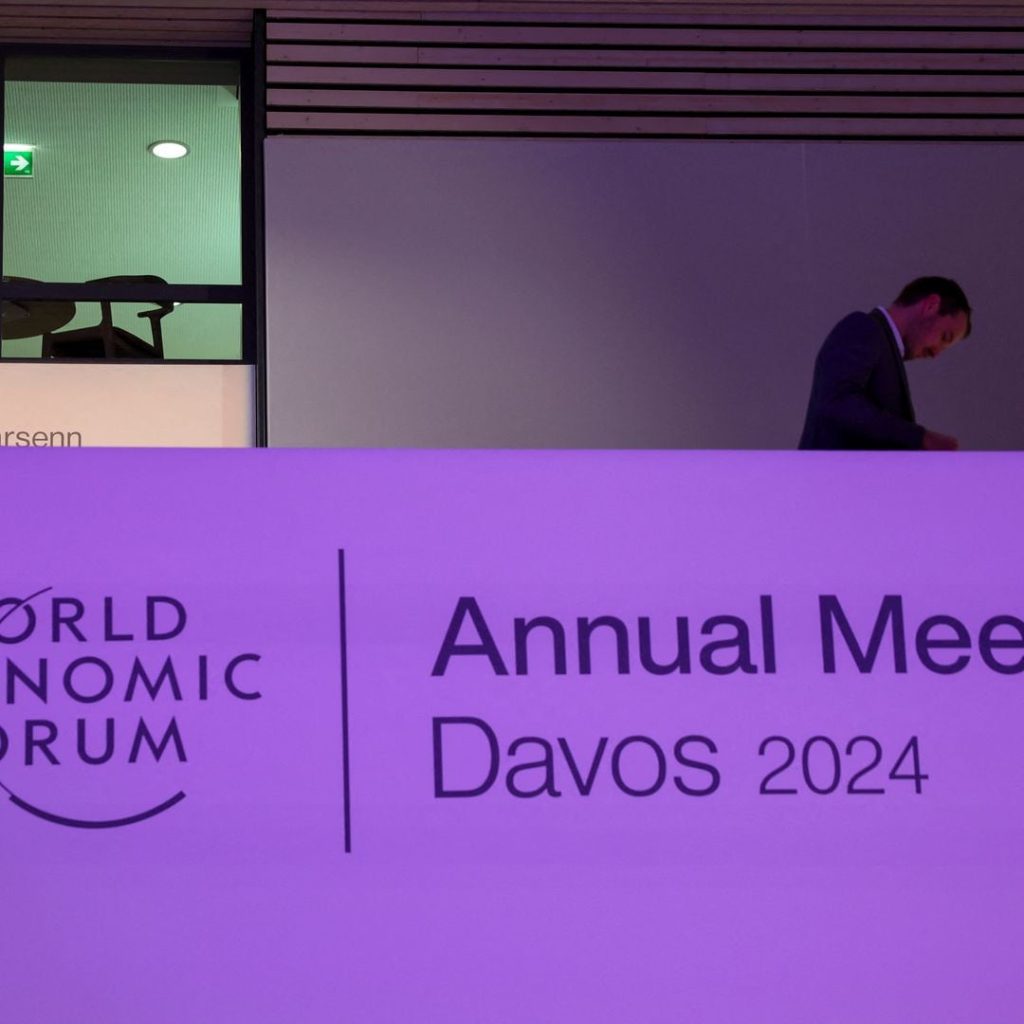Artificial intelligence is ushering in a new era for consumers, challenging the profit-maximizing tactics employed by major corporations. The rise of AI haggle-bots is revolutionizing the way individuals secure deals, turning the tables on businesses that have long exploited customer data. ChatGPT, with its recent travel plug-ins and financial negotiation capabilities, is at the forefront of this consumer empowerment movement. As the landscape of consumer interactions evolves, the emergence of haggle-bots promises to reshape the traditional dynamics of pricing and purchasing.
AI haggle-bots reshape consumer deal dynamics
In a world where big businesses invest heavily in AI, aiming to tailor prices and deals for individual consumers, the notion of a standard price has become virtually extinct. Airlines, retailers, phone companies, and insurers deploy machine learning algorithms to continuously adjust prices based on real-time experiments and customer data. While these adjustments are often labeled as discounts, the reality is that they involve charging higher prices to customers less likely to notice or complain.
The advent of AI haggle-bots signals a shift in consumer dynamics. While online communities of “points hackers” have long navigated the labyrinth of deals, AI brings efficiency to the process. Haggle-bots, such as Comparison and Haggle It, leverage customer data, including long-term spending patterns and preferences, to negotiate deals on behalf of shoppers. ChatGPT, equipped with travel, e-commerce, restaurant, and grocery plug-ins, is leading the charge in providing consumers with financial copilots that advocate for their best interests.
Generative AI redefines household budgets
A global surge in Generative AI applications is reshaping household budgets and personal finances. These applications, designed to optimize spending across various categories, are empowering consumers to take control of their financial well-being. A survey by Credit Karma reveals a growing willingness among U.S. residents to embrace AI bots for managing personal finances, with 43% expressing a desire to leverage artificial intelligence to mitigate money-related challenges.
The widespread adoption of AI haggle-bots is set to disrupt the established dynamics of consumer-business interactions. As consumers gain access to tools that negotiate optimal deals across multiple providers and transactions, oligopolies are compelled to compete in unprecedented ways. The ripple effect is expected to exert downward pressure on prices, challenging the status quo of keeping costs high.
The future of shopping – Transforming deals, empowering consumers
The rise of AI haggle-bots signals a seismic shift in the power dynamic between consumers and corporations. As individuals gain access to sophisticated tools like ChatGPT, capable of negotiating deals and optimizing finances, businesses face a pivotal moment of adaptation. The era of exploiting customer data to set prices is giving way to a consumer-centric landscape where haggle-bots act as allies, reshaping the very foundations of transactional interactions.
This transformation extends beyond individual empowerment—it holds the potential to redefine market economies. Oligopolies, accustomed to dictating prices, must now grapple with a new reality where downward pressure on costs becomes the norm. The question lingers: Will businesses embrace this paradigm shift, innovating to cater to an empowered consumer base, or will they resist change, risking irrelevance in the face of an evolving market? The future unfolds at the intersection of consumer choices and corporate adaptability, as AI haggle-bots usher in a chapter where individuals wield unprecedented influence in the realm of deals and pricing.





